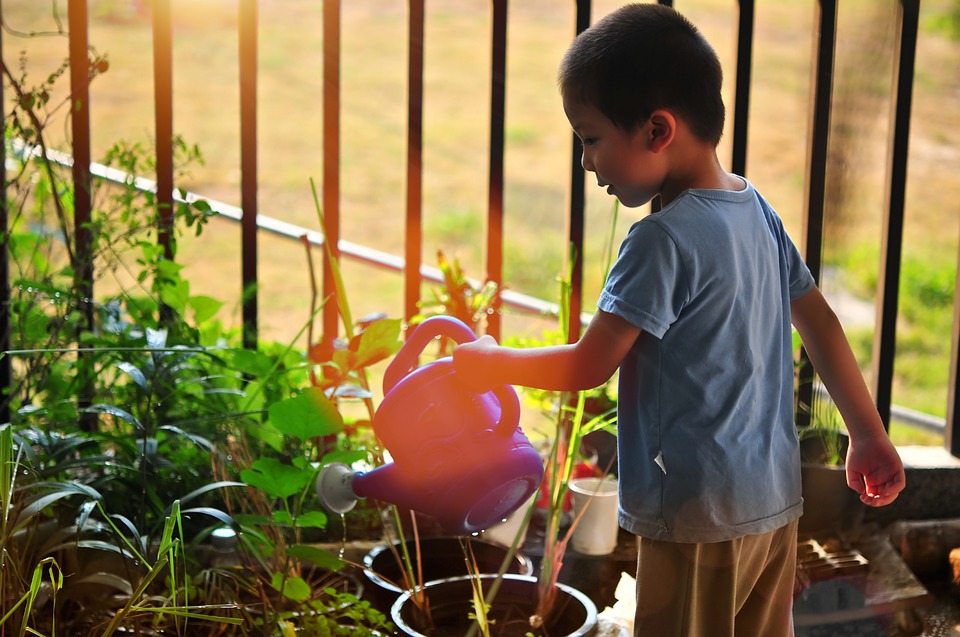By McKayla Skinner
Some of the most significant changes in family life are brought about by small and simple things. Something you may have experienced in the past is the joy that come from planting and harvesting a garden. One article notes six little-mentioned benefits of gardening: stress relief and increased self-esteem, improved heart health and lower stroke risk, increased hand strength and dexterity, better brain health and lowered Alzheimer risk, immune regulation, and a therapeutic resource to those experiencing depression and mental health challenges. Most of these benefits are personal, but when looking through a family-dynamics lens, we know that when one person in the family has a change in their environment it changes the whole system.
Gardening can influence the whole family by supporting structure and creating healthy habits. Family work gives each member a role and purpose. It can teach life lessons and create opportunities for family discussions. In one study involving middle school students, children who experienced a harvest in a previous year were more likely to anticipate gardening the next year, make healthier food choices, and exhibit increased positivity. The study also suggested that the home garden played a greater role of influence than the school garden. Yet whether gardening at home or at school, both seem to exhibit high probability that the child who had experienced gardening in their youth were more likely to plant a garden as an adult.
For those who feel that gardening might be beyond their scope of expertise, here are some options you may or may not have considered:
- For space or cost issues, try square foot gardens, seed starting using some egg cartons or plastic cups. If you live in an apartment, maximize space and create beauty through hanging baskets or boxes.
- Start small with herbs or flower seeds and let them water themselves with the double cup method, a drip irrigation system, or the water bottle irrigation method for when you need to go on vacation.
- If you would rather commute to a local garden, a community garden may be a viable option for you. Community gardens may be found near a school, library, community center, or one provided through a local church. This space can be rented and may already have some of the basic supplies provided, such as fences and raised beds. Community gardens also provide ample opportunity to meet fellow gardeners and allow you to socialize and learn from others with more experience.
- Lastly, if you are comparing costs between buying compost or making your own, here is a recipe to make your own, take it and price out according to your area.
If you are already an avid gardener and want to spread the joy of gardening to other families, you can support the Lemon Tree Trust. You can donate to the fund or spread the word about their crisis response gardening kits for refugee families. It not only promotes self-reliance, it provides work for those in the camp’s community by supporting their business initiatives. It provides hope and food for those who have left all behind. By investing in small and simple seeds, for your family, or someone else’s, you are spreading a harvest of hope and a myriad of benefits that support life and resilience in families.

